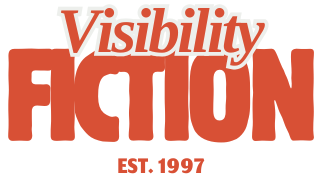Social media, trending headlines, and fake news have become the center of the modern crisis. With everything going digital and everybody voicing their opinions, we can differentiate between what is the truth and what is a lie somewhere. But this isn’t limited to our era; misinformation and biased reporting have been with us for as long as humans have told stories. What’s new is not the presence of such fake news; it’s the scale and speed at which it spreads.
Before we even invented the internet, rulers, and leaders used propaganda to control the narratives being told. Much evidence has supported this finding; rulers wanted to shape public opinion in their favor. Ancient Emperors used various coins, statues, and public declarations as a way to get into the minds of the commoners. In medieval Europe, the church controlled the access to knowledge, deciding what information the public should hear; even during the early printing day, pamphlets were often politically slanted, designed to push agendas rather than inform them neutrally.
In between all of these issues is a single human truth: we cannot unquestioningly trust the news we receive. Every messenger carries their perspective, and no one tells a story from a neutral point of view. You would have seen thousands of pieces of information today, each one coming with its own assumptions, values, and emotions. Most of the time, even with the best intentions, bias seeps in, not just in what is reported but also in how it is reported and presented.
The modern expectations of objective journalism are very new and still blooming. They emerged during the 20th century as fresh organizations sought credibility in neutrality. But even then, editorial choices, what stories would be covered, which language to use, and what sources to quote were never fully free from influence. Today, with media outlets aligned with political ideologies, the illusion of unbiased news is even harder to maintain.
The problem isn’t just fake news—it’s that we often believe what we want to think. Studies show people are more likely to trust news that confirms their pre-existing views and dismiss news that challenges them. In this way, our biases reinforce our current information bubbles.
So what can we do?
The answer is not about getting perfectly unbiased news, which is highly impossible; instead, it is about approaching news consumption with humility and skepticism. Understanding key questions like who benefits from the narrative, recognize that every story has learning. Fake news may never go away, but if we learn to question the story and the storyteller, we stand a better chance of staying informed in a world where truth is debated daily.
